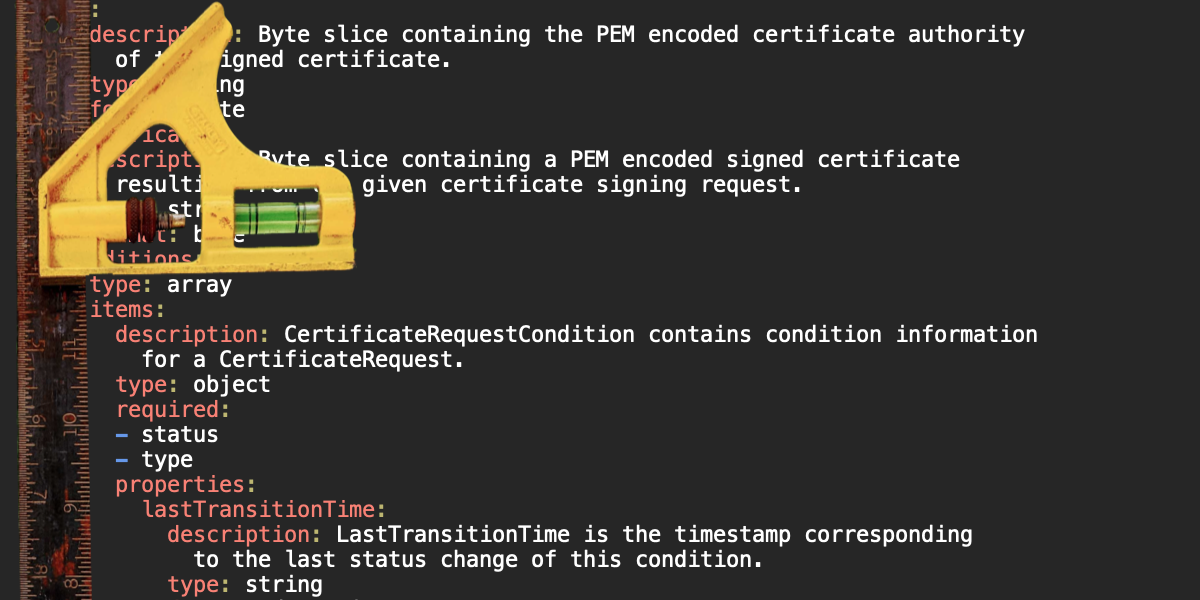
Pulumi enables customers to create, deploy, and manage modern
applications and infrastructure in their preferred cloud environment
using general purpose languages such as Javascript, Typescript and
Python. For many businesses today, the use of modern technology is
associated with Kubernetes, tools (command line or domain specific
tools) to bring-up Kubernetes and a large pile of raw YAML files to
deploy Kubernetes resources with.
Pulumi’s ready to use, language specific
Kubernetes packages
allow you to trade in the grab bag of tools and YAML files in exchange
for the full expressive power of a general purpose language. In this
blog post, we discuss “await logic”, which allows users to have better
visibility into the state of Kubernetes resources as they are being
deployed or created.
Read more →






